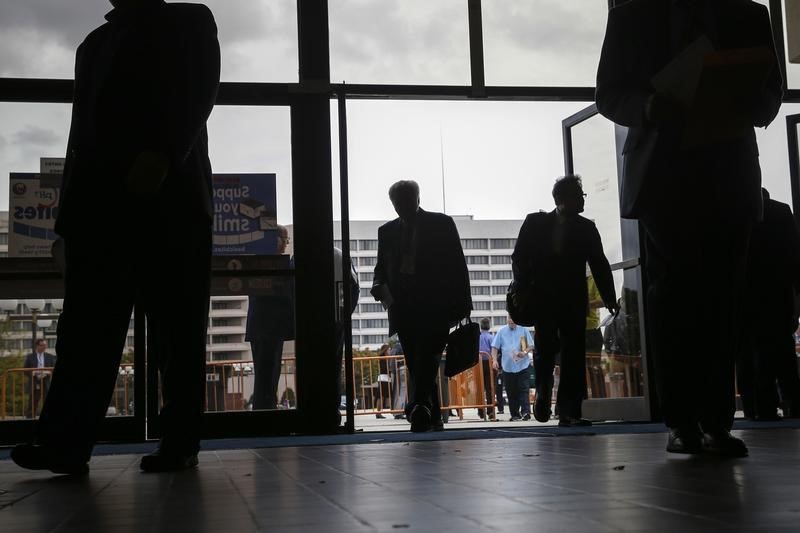Israel Strikes Military Facilities in Iran, Tehran Reports Limited Damage
In a series of night airstrikes early Saturday, Israel targeted military facilities in Iran. According to Tehran, these attacks caused "limited damage." This action came in response to an attack carried out by Iran earlier this month, but Israel's strikes avoided hitting Iran's most critical oil and nuclear facilities. This decision appears to be consistent with international calls for restraint amid concerns over escalating regional conflicts.
The Israeli army announced it conducted three waves of attacks targeting missile factories and other facilities, warning Iran of retaliation. Despite the deaths of two soldiers and some damage, Iran claimed that its air defense system effectively repelled the attack.
The strikes occurred amid heightened tensions following the October 7, 2023, attack by Iran-backed Hamas on Israel, and an Iranian missile strike resulting in a death in the Israeli-occupied West Bank on October 1. The intensifying conflict in Lebanon, where Israel is combating rocket attacks from Hezbollah, further escalates regional tensions.
Global powers, including the U.S., have called for both countries to exercise caution. The U.S. specifically warned against targeting Iran's nuclear facilities and oil fields. The Iranian Foreign Ministry expressed the country’s right to self-defense while also acknowledging its responsibilities towards regional peace.
Officials in Tehran, informed about the situation, stated that the response to Israel's strikes would be measured, confirming minimal damage and that several Revolutionary Guard bases had been struck. Iranian media released footage from Tehran’s Mehrabad Airport to demonstrate the minimal impact of the attacks. Local media reported hours of explosions in the capital and nearby military bases. However, the Israeli army does not expect an urgent response from Iran and has not made any changes to its domestic public safety measures.
The Israeli military emphasized its readiness to respond should Iran escalate the situation further. As confirmed by a U.S. official, the targets of the strikes did not include Iran's energy infrastructure or nuclear facilities. The Biden administration clearly stated that it was aware of Israel's actions but did not participate in the operation.
Iranian news agency Tasnim warned that a proportional response would be forthcoming from Iran, although no specific retaliatory actions were disclosed. Meanwhile, plans were in place to resume flights suspended during the Israeli attacks in Iran and neighboring Iraq.
Jordan and Saudi Arabia reported that their airspace was not used for the Israeli strikes. While Israel did not confirm any operations in Syria, Syria's state news agency reported airstrikes on military facilities in the country's central and southern regions on Saturday.
Israeli Prime Minister Benjamin Netanyahu and other officials monitored the operation from a military command center in Tel Aviv. Defense Minister Yoav Gallant communicated with U.S. Defense Secretary Lloyd Austin following the initiation of the strikes. Austin emphasized the U.S. commitment to defending personnel and allies in the region.
Saudi Arabia condemned the attacks as violations of Iran's sovereignty and international law. Negotiators are expected to continue their efforts for a ceasefire and a hostage release agreement in Gaza that could help de-escalate the broader conflict. Talks are set to resume in Doha on Sunday.


